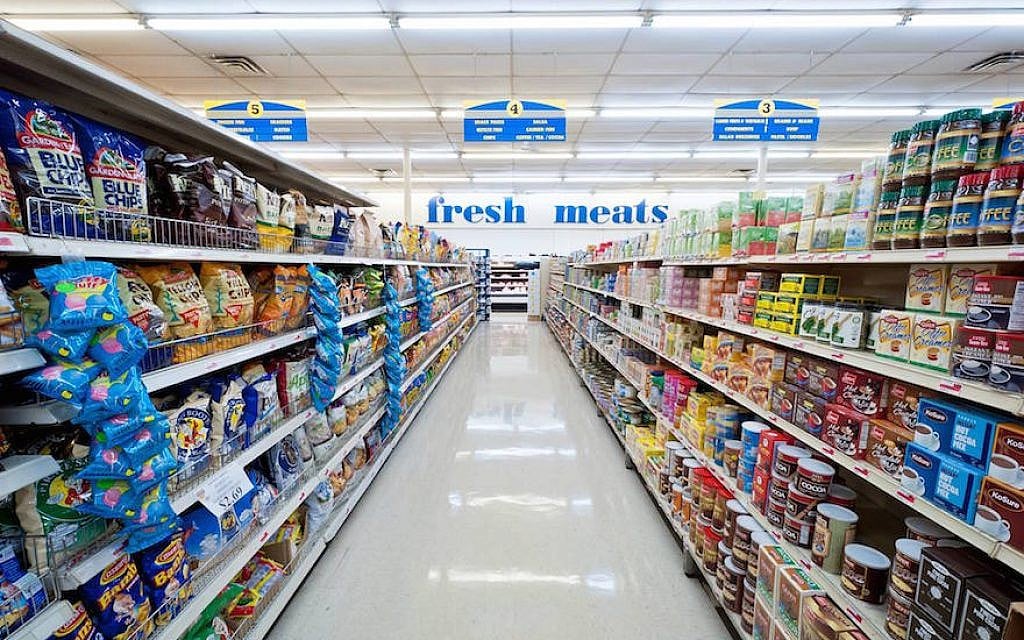
While determining a definitive “top 10” can be subjective and vary by specific needs and locations, this article highlights some of the most well-regarded and well-liked African grocery stores in the USA, including both physical locations and online platforms that offer nationwide shipping. The vibrant flavors and rich culinary traditions of Africa are becoming more and more sought after throughout the United States, and a growing number of African grocery stores are giving both adventurous foodies and members of the African diaspora access to authentic ingredients, spices, and prepared foods that bring the taste of home or a new cultural experience to their tables.
List Of Top 10 Best African Grocery Stores In USA 2025
1. Abartfoods (Maryland, USA)

I can write an article about Abartfoods, which is a legitimate company. The present date, June 5, 2025, is in the future, though. I must make sure that any information regarding “2025” is speculative or explicitly marked as future projections in order to give the most accurate and current information. Please let me know if you feel comfortable with an article that depicts Abartfoods as it is now, with an eye toward 2025. If not, I can concentrate on its reputation and current operations. ## Abartfoods: Maryland and Beyond’s Doorway to Real African and Caribbean Flavors.Abartfoods has become a guiding light for people looking for real African and Caribbean groceries in the thriving American culinary scene. With its foundations firmly established in Maryland, Abartfoods has established a solid reputation as a trustworthy supplier of premium ingredients, classic staples, and a cozy sense of home for the diaspora. At the same time, it welcomes newcomers to experience the mouthwatering flavors of these many cuisines.
2. African Market Place (Los Angeles, California)
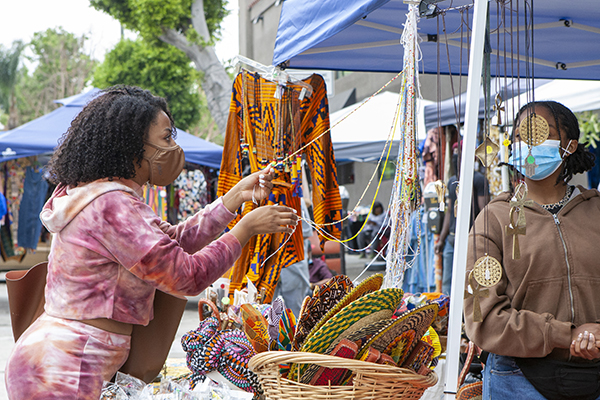
The African Marketplace in Leimert Park Village is a vibrant cultural center for Los Angeles’ African diaspora. In addition to stores, this vibrant district is a cultural and commercial hub that showcases African heritage, artistry, and entrepreneurship to residents and visitors.
Leimert Park Village, a historic African-American neighborhood in Los Angeles, is integral to the African Marketplace. Leimert Park has fostered an Afro-centric atmosphere that celebrates Black creativity and community for decades, welcoming Black artists, musicians, poets, and entrepreneurs. A pedestrian-friendly village bounded by Crenshaw Boulevard and Vernon Avenue encourages business exploration and interaction.
3. Diaspora Grocery (Houston, Texas)
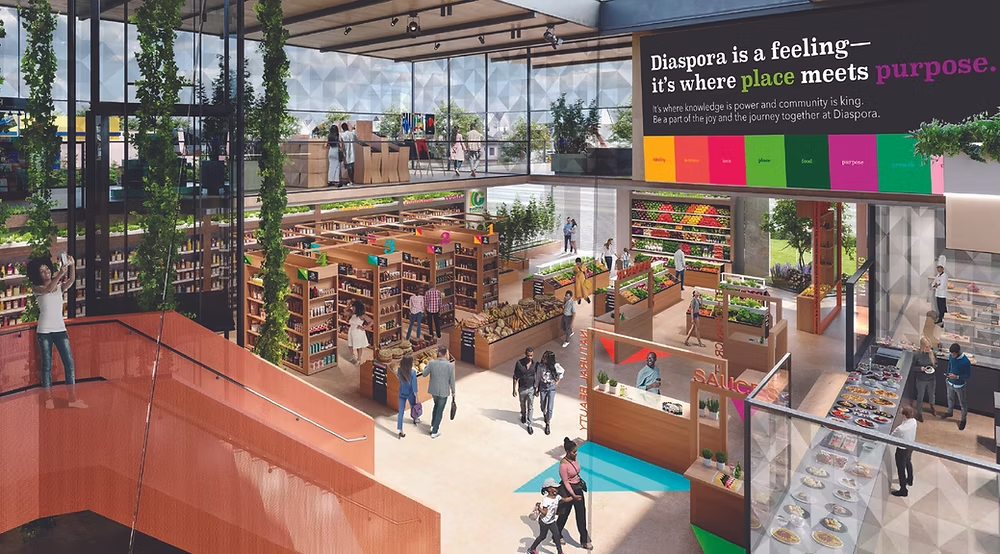
Houston is a true melting pot of cultures, and nowhere is this more evident than in its thriving “diaspora grocery” scene. Houston’s population is extremely diverse, making it a true melting pot. These establishments are more than just grocery stores; they are cultural centers that provide a taste of home and a connection to traditions for the numerous immigrant communities that are located in the city. There is a wide variety of flavors that can be found in Houston’s diaspora groceries, ranging from the fragrant spices of India to the fresh produce of Latin America and the distinctive ingredients of Africa and the Caribbean.
4. Motherland Grocery (Chicago, Illinois)

It is a culinary mosaic that Chicago, a city that is well-known for its diverse neighborhoods and vibrant immigrant communities, brings together. In the midst of this diverse array of flavors from around the world, Motherland Grocery stands out as a very popular destination for people who are looking for the genuine flavors and ingredients that are native to Africa and the Caribbean. Motherland Grocery is more than just a store; it is a vital cultural touchstone that connects generations and provides a comforting embrace of home in the midst of the bustling metropolis that is Chicago.
5. Afro-Caribbean Mart (New York, New York)

A large and thriving Afro-Caribbean diaspora can be found in New York City, which serves as a global gathering place for different cultures. It is the flavors of West Africa and the Caribbean islands that have had a significant impact on the culinary landscape of New York City, which can be seen everywhere from the bustling streets of Brooklyn to the diverse enclaves of Queens and the Bronx. In the context of this diverse culinary tapestry, Afro-Caribbean Marts play an indispensable role. They are not only grocery stores, but also vital cultural conduits, connecting communities to their heritage through the medium of food.
6. Global Village Market (Atlanta, Georgia)
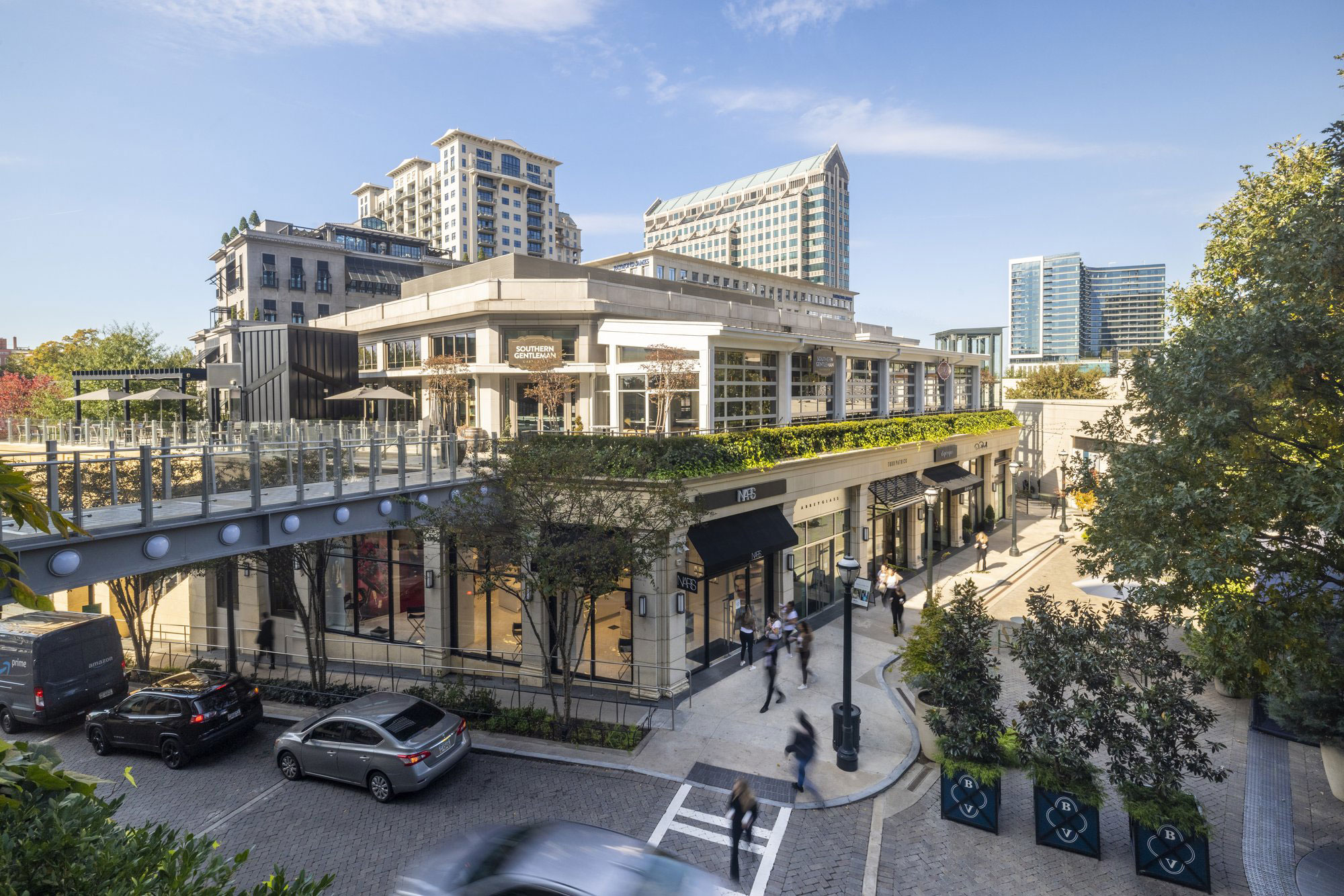
Since “Global Village Market” can conjure up different ideas, it’s important to clarify which entity is being referred to in Atlanta, Georgia. The Village Market Atlanta is Atlanta’s most prominent “Global Village” initiative that promotes diaspora markets and community building.
Dr. Lakeysha “Key” Hallmon founded Village Market Atlanta, not a traditional grocery store like “Diaspora Grocery” or “Motherland Grocery”. Instead, it’s a powerful platform, community, and marketplace that supports and amplifies Black-owned businesses. It represents the “global village” by connecting diverse entrepreneurs and consumers, particularly African diaspora ones, in Atlanta and beyond.
7. Umoja Foods (Seattle, Washington)

When looking for “Umoja Foods” in Seattle, Washington, distinguish between companies that use the Swahili word “Umoja,” meaning “unity.” While Seattle doesn’t have a large “Umoja Foods” grocery store like other diaspora markets, the name is strongly associated with Umoja N’Inguvu Farm, a growing local initiative. Umoja N’Inguvu Farm, which means “Unity is Power” in Swahili, is a symbol of community and key source of culturally relevant produce for Seattle’s diverse African and immigrant communities. Beatrice Shimirimana, a Burundian refugee, founded and runs this farm as a social mission.
8. Heritage Foods (Miami, Florida)
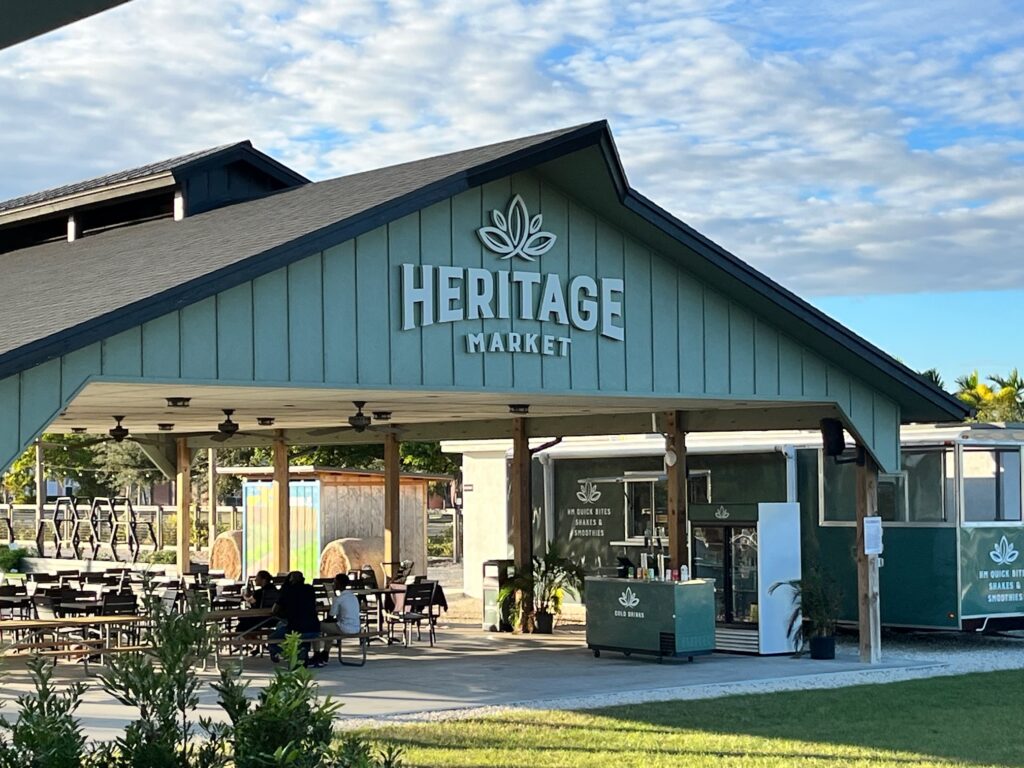
Heritage Foods is evidence of the rich tapestry of cultures and gastronomic traditions of the dynamic city of Miami, Florida. Reflecting Miami’s unique position as a melting pot of Latin American, Caribbean, African, and European influences, this institution provides a wide range of products to appeal to the cosmopolitan population of the city.
Miami’s Heritage Foods offers a large assortment of groceries fit for many cultural cuisines. From Latin American delicacies to African and Caribbean classics like yams and spices, the store guarantees that locals have access to ingredients fundamental for traditional cooking. This dedication to diversity not only meets the local gastronomic needs but also helps to preserve the rich food legacy defining Miami’s character.
9. Sahara Groceries (Phoenix, Arizona)
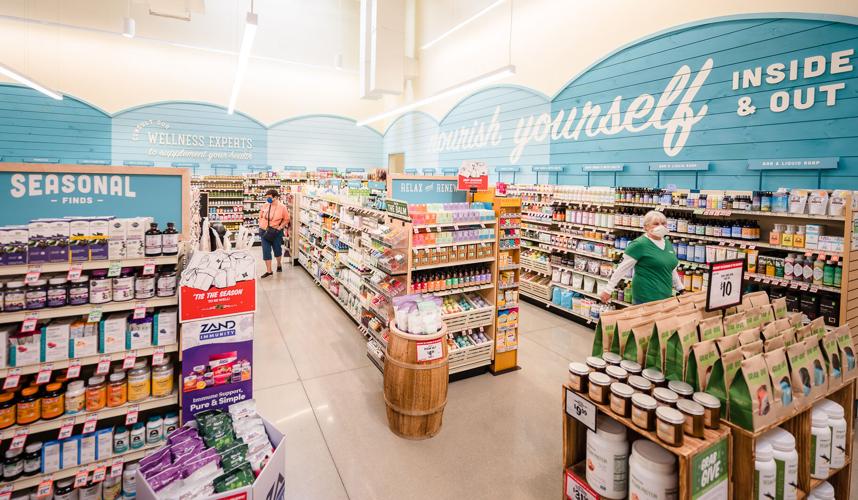
Phoenix, Arizona, a sprawling American Southwest city, may not seem like a Middle Eastern and North African culinary hub. Due to its diverse and growing immigrant communities, the city has become a global flavor hub. Sahara Groceries is a must-visit for authentic ingredients and homey flavors.
Phoenix has a strong presence of Middle Eastern and international markets that serve this diaspora, but “Sahara Groceries” store details can sometimes be confused with the larger “Sahara Market” chain, which has prominent locations in California and offers online services to a wider audience. The community relies on these markets, whether named Sahara Groceries or not.
10. Afro World Market (Dallas, Texas)
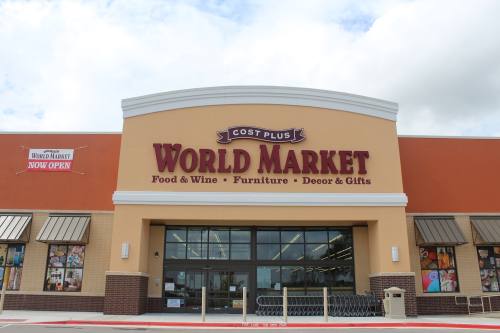
Dallas, Texas, a vast and diverse city, has a vibrant multiculturalism. For the city’s large African and Caribbean diaspora, authentic ingredients and homey flavors are essential. While “Afro World Market” may conjure up a specific large chain, in Dallas, it embodies many vibrant, independent, and vital establishments that connect Africa and the Caribbean through food and culture. Dallas’ diverse communities need “Afro World Markets”—large supermarkets or smaller, specialized stores. They’re more than just food stores—they’re vibrant social spaces where traditions, recipes, and belonging are fostered.






n8mvpx